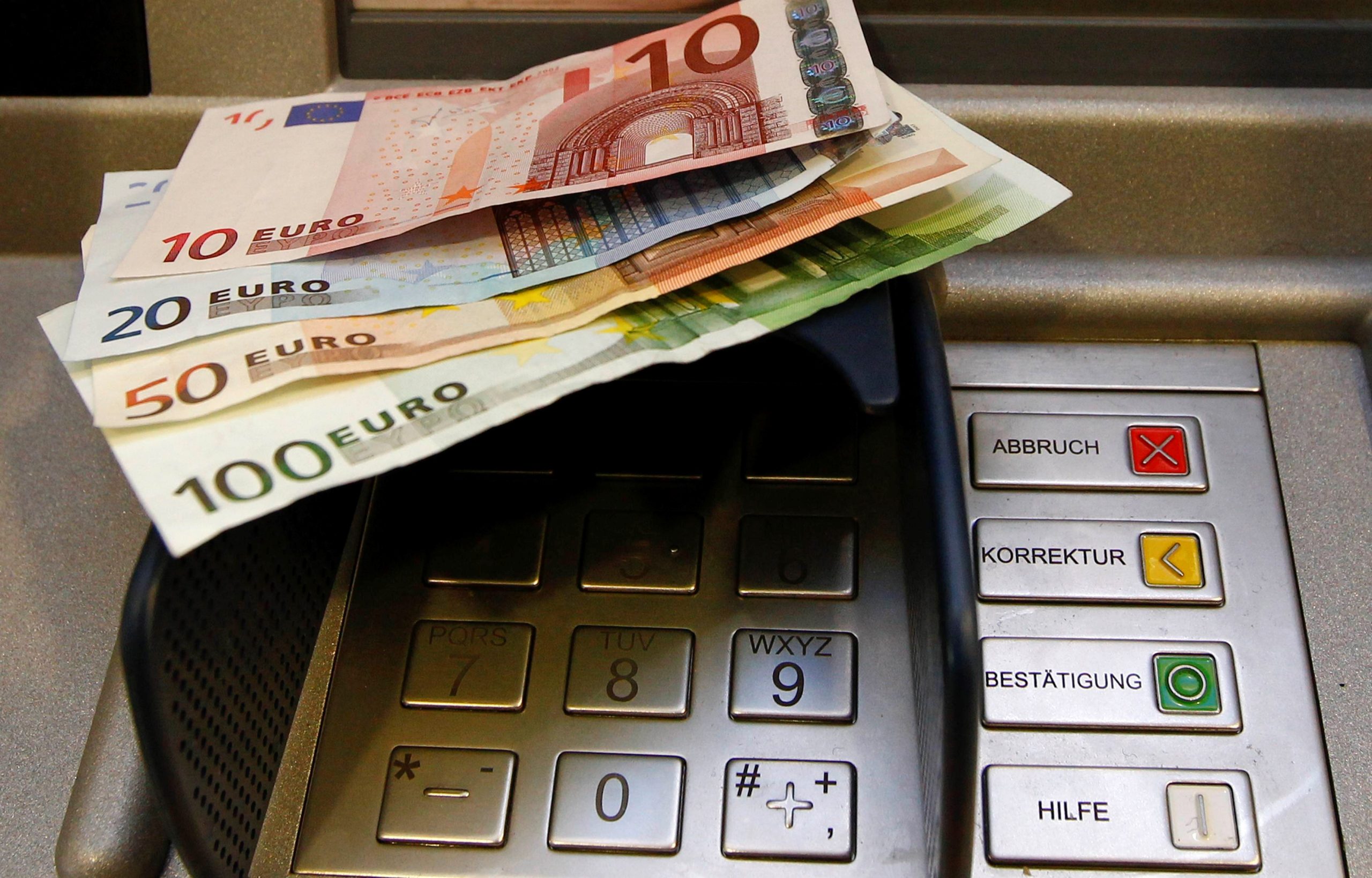Greece’s competition watchdog authority on Thursday issued a massive fine, exceeding 41.75 million euros in total, against all four systemic banks in the country and the Hellenic Bank Association (HBA) for excessive fees charged on a myriad of transactions, even the simplest, and for cartel-like practices.
The Competition Committee also instructed commercial banks operating in Greece to slash fees affecting ATM transactions when using other banks’ cards.
Just as noteworthy is the fact that the accumulated fines are the product of a compromise between the independent watchdog and the banks.
The unprecedented, by Greek standards, admonishment against the entirety of the country’s banking sector include a whopping fine of 12.99 million euros against Piraeus Bank; a fine of 9.97 million euros against National Bank of Greece (NBG); 9.11 million euros against Alpha Bank; 7.97 million euros against Eurobank, and a paltry – compared to the others – 143,000-euro fine against non-systemic Attica Bank.
Just as eyebrow-raising is a 1.55-million-euro fine against the Hellenic Bank Association.
In a subsequent reaction, HBA sources tabled a series of questions regarding the procedure for ascertaining violations and the methodology used for calculating the fines.
In a first statement after the unprecedented development was reported, relevant Development Minister Costas Skrekas emphasized that the “…imposition of the fines confirms the state’s decisiveness, through every institutional appendage, for continuous inspections in order to apply the law. Inspections will continue and interventions will be immediate and effective, where this is deemed necessary, towards the benefit of citizens and the smooth operation of the market at all levels.



